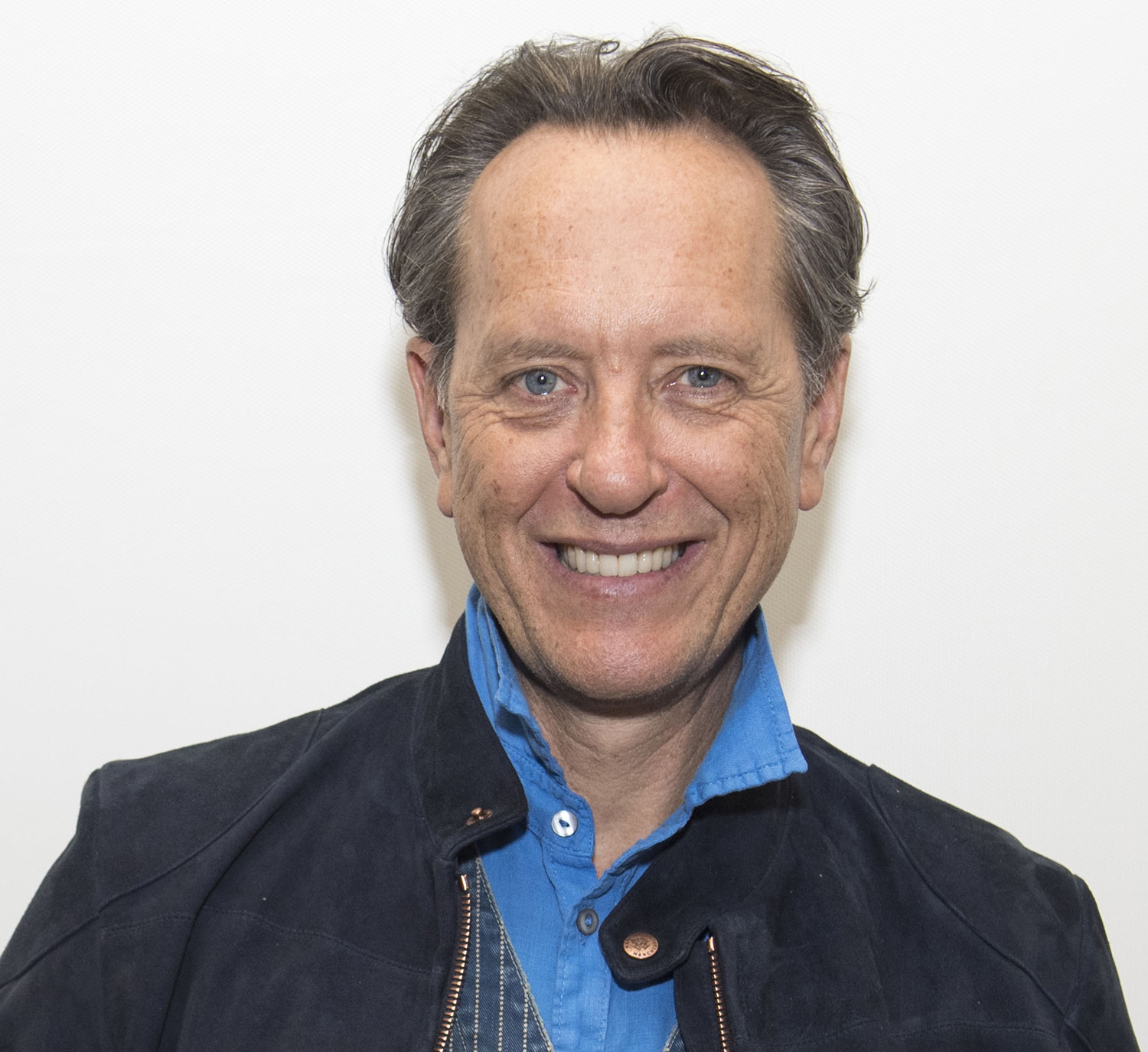
- Golden Globe Awards
Richard E. Grant
Nominated: Best Performance by an Actor in a Supporting Role in any Motion Picture
In Can You Ever Forgive Me? directed by Marielle Heller (Diary of a Teenage Girl), British actor Richard E. Grant plays Jack Hock, the best friend and accomplice to Lee Israel (Melissa McCarthy), a writer of biographies and forger. Israel, a failing writer, forged letters of famous authors such as Ernest Hemingway and Dorothy Parker to sell to collectors, as she herself detailed in a 2008 memoir before the FBI eventually caught up with her.“Jack is completely unreliable, an absolute flake,” explains Grant, “but he can be very attractive and magnetic. He’s comfortable in his own skin, exuberant, happy to be flamboyant, while Lee is so introverted and reticent, which is a combination that works. Despite Lee’s curmudgeonly ways, they actually get on together.”Grant was born in 1957 in Swaziland, “the smallest country in the southern hemisphere, now called Eswatini. It was a British protectorate until 1968 and my father was the director of education, so I went to school there and all my friends were English people.” He studied drama at the University of Cape Town, moved to London in 1982 and starred in Withnail and I (1987) by Bruce Robinson. “The first movie I was ever in, where I played a drug-addicted actor, has such a cult following in England, that I see how movies have importance in people’s lives.”Grant played a variety of roles in movies like Henry & June (1990) by Philip Kaufman, L.A. Story (1991) by Steve Martin, Bram Stoker’s Dracula (1992) by Francis Ford Coppola, The Age of Innocence (1993) directed by Martin Scorsese from the 1920 novel by Edith Wharton, The Portrait of a Lady (1996) directed by Jane Campion from the 1881 novel by Henry James, Love Hurts (2009), Logan (2017) with Hugh Jackman. He was directed by Robert Altman in The Player (1992) and Gosford Park (2001). “Altman was a genuinely egalitarian, everybody was invited to the rushes, you felt that your opinion is valued.”In 2005 Grant wrote and directed Wah-Wah, about a troubling childhood experience. “When I was 10 years old, I woke up on the back seat of a car and saw my mother having sex with my father’s best friend on the front seat. I was estranged from her for 35 years, then eventually, after two years of psychoanalysis, I sat across the table from my mother at a restaurant, she leant forward, crying, and she said three magic words, please forgive me. That to me was the equivalent of a religious epiphany, and that is why the title of this movie is so profound.”Grant played Henry Higgins in the stage musical My Fair Lady (2008) in Sydney, Australia, wrote an autobiography, With Nails (1999), and a novel, By Design (1998).He has been married to his wife Joan since 1986; they have a daughter, Olivia. “I live in a household of two women, I’m used to taking orders from women,” he said, explaining why he was comfortable working with Heller as a director and a predominantly female crew on Can you ever Forgive Me?. “It felt much more collaborative than the testosterone-charged jobs that I’ve done.”About his Golden Globe nomination as Best Supporting Actor, he tweeted: “Am utterly astonished and stunned.”

